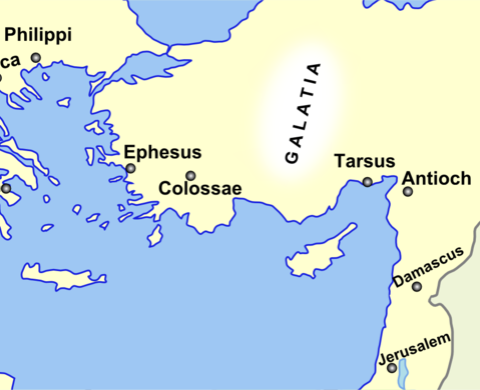
ANTIPATROS HO TARSEUS is a Stoic philosopher based in Tarseus (Tarsus). This location will later be known as the birthplace of Paul the Apostle (also known as Saul of Tarsus).
He is the pupil and successor of Dioghenes ho Babylonios (Diogenes of Babylon or of Seleucia) as head of the Stoic school. Antipatros is also the teacher of Panaitios ho Rodos (Panaetius of Rhodes). In the field of ethics, Antipatros seems to take a higher moral ground than that of his teacher Dioghenes. Yet, we cannot count on plenty of historical records to confirm in all details his philosophical stance.
We know that Plutarch mention him, with Zenon ho Kitieus (Zeno of Citium), Kleanthes (Cleanthes) and Chrysippos ho Soleus (Chrysippus of Soli), as one of the most relevant Stoic philosophers. Cicero talks of him as remarkable for acuteness. Antipatros prevails in the confrontations frequently occurring between his own school and the Academy. Nonetheless, he appears to feel inadequate in the public debates with his contemporary Carneades. Thus he confines himself to writing; by which he is called ‘Pen-noise’.
He writes some works on the gods and on divination. Antipatros considers the gods as “beings blessed, incorruptible, of goodwill to men“. He criticizes those who ascribe to gods “generation and corruption“. On the very topic of divination, a common theme among Stoics, he also writes two books. In those two works, he regards dreams as supernatural intimations of the future, collecting stories of divination ascribable to Sokrates (Socrates) He thinks that ‘fate’ is a ‘god’. Antipatros also writes a treatise entitled “Peri Deisidaimonias” (“On Superstition“).
Antipatros ho Tarseus is a Stoic philosopher, but on issues regarding different aspects of moral philosophy we unfortunately have nothing more from him. Only exception is a few scattered statements concerning the application of moral precepts.